 W
WCarlos Álvarez is a Spanish baritone who has had a major international opera career since the early 1990s. His recording of the title role in Isaac Albéniz's Merlin with Plácido Domingo as King Arthur won a Latin Grammy Award in 2001, and his recording of the role of Ford in Giuseppe Verdi's Falstaff won the Grammy Award for Best Opera Recording in 2006.
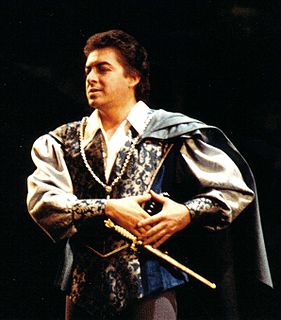 W
WJosé Francisco Araiza Andrade, is a Mexican operatic tenor and lied singer who has sung as soloist in leading concert halls and in leading tenor operatic roles in the major opera houses of Europe and North America during the course of a lengthy career. Born in Mexico City, he studied singing at the Conservatorio Nacional de Música de México and later in Germany, with Mozartian tenor Richard Holm, and lieder interpretation with Erik Werba. He made his operatic debut in 1970 in Mexico City as First Prisoner in Beethoven's Fidelio. Araiza initially came to international prominence singing in Mozart and Rossini operas, but in the 1980s broadened his repertoire to include Italian and French lyric tenor roles and Wagnerian roles such as Lohengrin and Walther von Stolzing. He was made a Kammersänger of the Vienna State Opera in 1988. Now retired from the opera stage, he teaches singing and serves on the juries of several international singing competitions.
 W
WAgni Baltsa is a leading Greek mezzo-soprano singer.
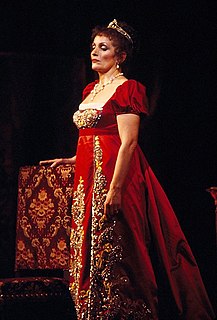 W
WHildegard Behrens was a German soprano with a wide repertoire including Wagner, Weber, Mozart, Richard Strauss, and Alban Berg roles.
 W
WJohan Botha was a South African operatic tenor.
 W
WRenato Bruson is an Italian operatic baritone. Bruson is widely considered one of the most important Verdi baritones of the late 20th and early 21st century. He was born in Granze near Padua, Italy.
 W
WMimi Coertse, DMS is a South African soprano.
 W
WJosé Luis Victor Cura Gómez is an Argentine operatic tenor, conductor, director, scenographer and photographer known for intense and original interpretations of opera characters, notably Otello in Verdi’s Otello, Samson in Saint-Saëns’ Samson et Dalila, Canio in Ruggero Leoncavallo's Pagliacci, Stiffelio in Giuseppe Verdi's Stiffelio and many others.
 W
WBiserka Cvejić was a Serbian operatic mezzo-soprano and contralto, and a university professor of Croatian descent. Her career began at the Belgrade Opera in 1954. She was a member of the Vienna State Opera from 1959 to 1979, performing internationally. She first appeared at the Metropolitan Opera in 1961 as Amneris in Verdi's Aida, returning in many more leading roles of the Italian and French repertoire.
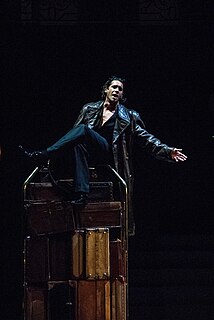 W
WIldebrando D'Arcangelo is an Italian opera singer. He has been called a bass-baritone, though he prefers the term basso cantabile.
 W
WLisa Della Casa was a Swiss soprano most admired for her interpretations of major heroines in operas by Wolfgang Amadeus Mozart and Richard Strauss, and of German lieder. She was also described as “the most beautiful woman on the operatic stage”.
 W
WNatalie Dessay is a French singer and actress, known for her former career as an operatic soprano. She gained wide recognition after her portrayal of Olympia in The Tales of Hoffmann in 1992, and then performing at leading stages, such as the Paris Opera, Vienna State Opera, and the Metropolitan Opera.
 W
WJosé Plácido Domingo Embil is a Spanish opera singer, conductor and arts administrator. He has recorded over a hundred complete operas and is well known for his versatility, regularly performing in Italian, French, German, Spanish, English and Russian in the most prestigious opera houses in the world. Although primarily a lirico-spinto tenor for most of his career, especially popular for his Cavaradossi, Hoffmann, Don José and Canio, he quickly moved into more dramatic roles, becoming the most acclaimed Otello of his generation. In the early 2010s, he transitioned from the tenor repertory into almost exclusively baritone parts, most notably Simon Boccanegra. As of 2020, Domingo has performed 151 different roles.
 W
WDaniela Fally is an Austrian operatic coloratura soprano.
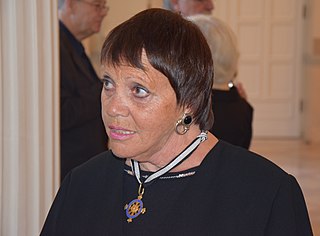 W
WBrigitte Fassbaender, is a German mezzo-soprano opera singer and a stage director. From 1999 to 2012 she was intendant of the Tyrolean State Theatre in Innsbruck, Austria. She holds the title Kammersängerin from the Bavarian State Opera in Munich and the Vienna Staatsoper.
 W
WJuan Diego Flórez Salom is a Peruvian operatic tenor, particularly known for his roles in bel canto operas. On June 4, 2007, he received his country's highest decoration, the Knight Grand Cross in the Order of the Sun of Peru.
 W
WGottlob Frick was a German operatic bass. He was known for his wide repertory including Wagner and Mozart roles, as well as those of Nicolai and Lortzing.
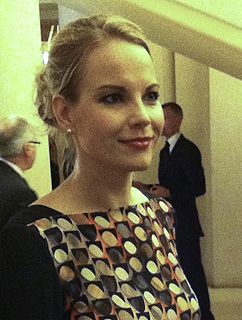 W
WElīna Garanča is a Latvian mezzo-soprano. She began to study singing in her hometown of Riga in 1996 and continued her studies in Vienna and in the United States. By 1999 she had won first place in a significant competition in Finland and had begun a career in Europe. Worldwide engagements followed her 2003 Salzburg Festival appearances.
 W
WAntonio Giuglini was an Italian operatic tenor. During the last eight years of his life, before he developed signs of mental instability, he earned renown as one of the leading stars of the operatic scene in London. He created several major roles for British audiences, appearing in the first London performances of Gounod's Faust and Verdi's Un ballo in maschera. In London, he was the usual stage partner of the great dramatic soprano Thérèse Tietjens.
 W
WEdita Gruberová is a Slovak coloratura soprano. She enjoyed huge success internationally in roles such as Zerbinetta in Ariadne auf Naxos and Queen of the Night in The Magic Flute. In her later career, she explored heavier roles in the Italian bel canto repertoire, such as the title role in Donizetti's Lucia di Lammermoor, Elvira in Bellini's I puritani, and Elisabetta in Roberto Devereux.
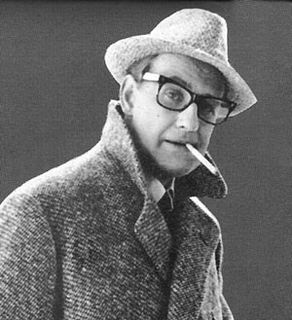 W
WPer Gustaf Grundén was a Swedish singer and actor. He spent a substantial part of his career performing in Vienna at the State Opera and the Volksoper. Later in his operatic career he moved from the romantic lead roles to character parts. He became a screen actor, playing in a large number of Swedish films in the 1980s.
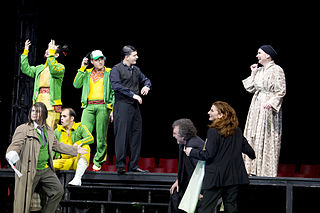 W
WFranz Grundheber is a German operatic baritone. At the Hamburg State Opera, he performed over 150 roles from 1966. His voice is flexible enough to sing Italian opera as well as Wagner roles and contemporary opera; he is a stage presence in acting and singing. He has performed at major international opera houses and is known for his performance of the title role of Alban Berg's Wozzeck, filmed for DVD in 1994 in a production staged by Patrice Chéreau.
 W
WRobert Holl is a Dutch bass-baritone classical singer.
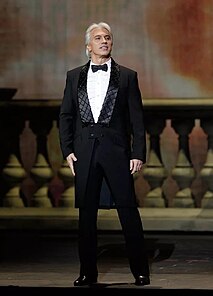 W
WDmitri Aleksandrovich Hvorostovsky was a Russian operatic baritone.
 W
WMaria Jeritza was a celebrated Moravian soprano singer, long associated with the Vienna State Opera, long associated with the Vienna State Opera (1912–1935) and the Metropolitan Opera. Her rapid rise to fame, beauty and personality earned her the nickname "The Moravian Thunderbolt".
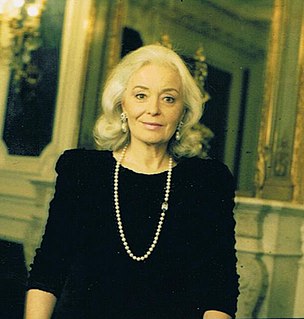 W
WDame Gwyneth Jones is a Welsh operatic dramatic soprano, widely regarded as one of the greatest Wagnerian sopranos in the second half of the 20th century.
 W
WSrebrenka "Sena" Jurinac was a Bosnian-born Croatian-Austrian operatic soprano.
 W
WVesselina Kasarova is a Bulgarian operatic mezzo-soprano.
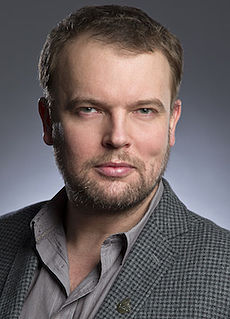 W
WTomasz Konieczny is a Polish-born bass-baritone.
 W
WWilma Lipp was an Austrian operatic soprano and academic voice teacher. A long-time member of the Vienna State Opera, she was particularly associated with the role of the Queen of the Night in Mozart's Die Zauberflöte, a role she performed internationally more than 400 times. She was awarded the title Kammersängerin at age 28, and was an honorary member of the Vienna State Opera, among other honours.
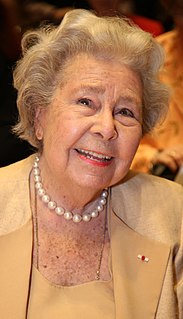 W
WChrista Ludwig was a German mezzo-soprano and occasional dramatic soprano, distinguished for her performances of opera, lieder, oratorio, and other major religious works like masses, passions, and solos in symphonic literature. Her performing career spanned almost half a century, from the late 1940s until the early 1990s.
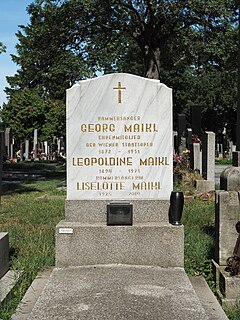 W
WGeorg Maikl was an Austrian operatic tenor.
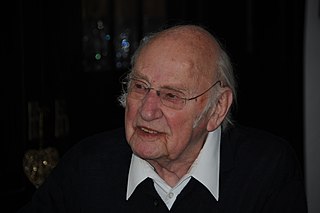 W
WFranz Mazura was an Austrian bass-baritone opera singer and actor. He performed at the Bayreuth Festival from 1971 for 25 years and at the Metropolitan Opera for 15 years. He was made a Kammersänger in 1980 and an Honorary Member of the Nationaltheater Mannheim in 1990. He most often played villains and strange characters, with signature roles including Klingsor in Wagner's Parsifal. Mazura took part in world premieres, such as the double role of Dr. Schön and Jack the Ripper in the world premiere of the completed version of Alban Berg's Lulu at the Paris Opera in 1979, and as Abraham in Giorgio Battistelli's Lot in 2017. Two of his recordings received Grammy Awards. His voice was described as with dark timbre, powerful and like granite, with perfect diction. His acting ability was described as "well-supplied with vivid imaginative touches, whether deployed in comic roles or characters of inexorable malevolence. Mazura could achieve more impact with a lifted eyebrow or a belligerently thrust chin than many artists could with a ten-minute monologue." He had a long career, appearing at the Staatsoper Berlin the night before his 95th birthday.
 W
WKurt Moll was a German operatic bass singer who enjoyed an international career and was widely recorded.
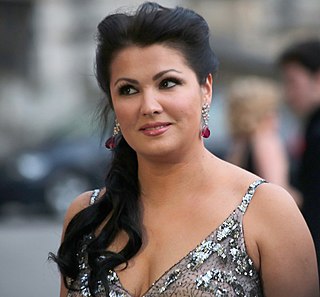 W
WAnna Yuryevna Netrebko is a Russian operatic soprano who has an active international career and performs prominently at the Salzburg Festival, Metropolitan Opera, Vienna State Opera, and Royal Opera, London.
 W
WMärta Birgit Nilsson was a celebrated Swedish dramatic soprano. Although she sang a wide repertory of operatic and vocal works, Nilsson was best known for her performances in the operas of Richard Wagner and Richard Strauss. Her voice was noted for its overwhelming force, bountiful reserves of power, and the gleaming brilliance and clarity in the upper register.
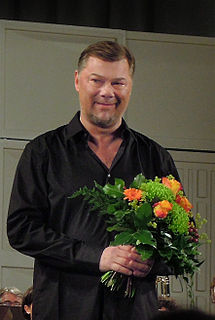 W
WRené Pape is a German operatic bass.
 W
WAdrianne Pieczonka, OC is a Canadian operatic soprano singer.
 W
WAlfred Poell was an Austrian operatic baritone.
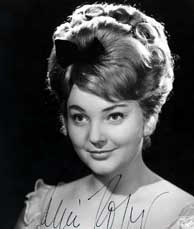 W
WLucia Popp was a Slovak operatic soprano. She began her career as a soubrette, and later moved into the light-lyric and lyric coloratura soprano repertoire and then the lighter Richard Strauss and Wagner operas. Her career included performances at Vienna State Opera, the Metropolitan Opera, Covent Garden, and La Scala. Popp was also a highly regarded recitalist and lieder singer.
 W
WIldikó Raimondi is a Hungarian-Austrian operatic soprano and academic voice teacher. She has been a member of the Vienna State Opera since 1991, and has performed leading roles internationally, especially in Mozart operas. She also works in concert and lied, including contemporary compositions. She has received Austrian awards.
 W
WKatia Ricciarelli is an Italian soprano and actress.
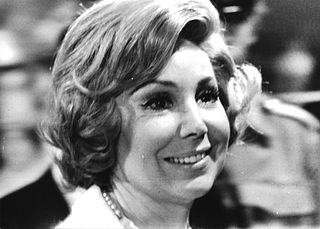 W
WAnneliese Rothenberger was a German operatic soprano who had an active international performance career which spanned from 1942 to 1983. She specialized in the lyric coloratura soprano repertoire, and was particularly admired for her interpretations of the works of Wolfgang Amadeus Mozart and Richard Strauss.
 W
WKurt Rydl is an Austrian operatic bass.
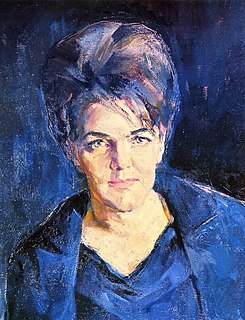 W
WLeopoldine Rysanek was an Austrian dramatic soprano.
 W
WMichael Schade is a Canadian operatic tenor, who was born in Geneva and raised in Germany and Canada. He and his wife Dee McKee, and their youngest child live in Vienna, Austria; the rest of the family lives in Canada.
 W
WErik Anton Julius Schmedes was an operatic tenor, particularly known for his roles in operas by Richard Wagner. He was the brother-in-law of Vaslav Nijinsky's wife.
 W
WPeter Schreier was a German tenor in opera, concert and lied, and a conductor. He was regarded as one of the leading lyric tenors of the 20th century.
 W
WDame Olga Maria Elisabeth Friederike Schwarzkopf, was a German-born Austro-British soprano. She was among the foremost singers of lieder, and is renowned for her performances of Viennese operetta, as well as the operas of Mozart, Wagner and Richard Strauss. After retiring from the stage, she was a voice teacher internationally. She is considered one of the greatest sopranos of the 20th century.
 W
WPeter Seiffert is a German tenor.
 W
WBo Skovhus is a Danish opera singer (baritone).
 W
WNina Maria Stemme is a Swedish dramatic soprano opera singer.
 W
WTeresa Stich-Randall was a European-based American soprano opera singer.
 W
WVioleta Urmana is a Lithuanian opera singer who has sung leading mezzo-soprano and soprano roles in the opera houses of Europe and North America.
 W
WViorica Ursuleac was a Romanian operatic soprano. Viorica Ursuleac was born the daughter of a Greek Orthodox archdeacon, in Chernivtsi, which is now in Ukraine. Following training in Vienna, she made her operatic debut in Zagreb (Agram), as Charlotte in Massenet's Werther, in 1922. The soprano then appeared at the Vienna Volksoper (1924–26), Frankfurt Opera (1926–30), Vienna State Opera (1930–35), Berlin State Opera (1935–37), and Bavarian State Opera (1937–44). She married the Austrian conductor Clemens Krauss in Frankfurt during her time there.
 W
WEberhard Freiherr von Waechter was an Austrian baritone celebrated for his performances in the operas of Mozart, Richard Wagner and Richard Strauss. After retiring from singing, he became intendant of the Vienna Volksoper and the Vienna State Opera.
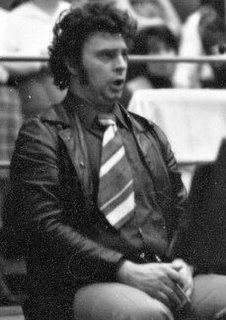 W
WBernd Weikl is an Austrian operatic baritone, particularly known for his performances in the stage works by Richard Wagner. He also has written books and directed operas.
 W
WHildegard Zadek was a German operatic soprano. She was Kammersängerin at the Vienna State Opera and performed internationally.
 W
WMara Zampieri is an Italian operatic soprano. She trained at Padua Conservatory.